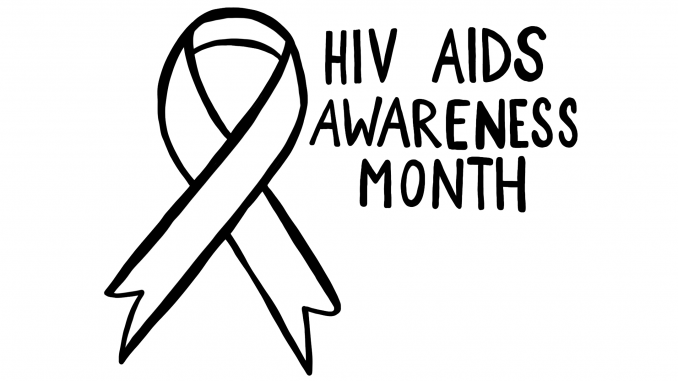
The cool winter months are a season that brings on reflection. With so much happening in our day-to-day lives, the drop in weather keeps us indoors observing the world around us. December is National HIV/AIDS Awareness Month: a month-long tribute remembering and continuing the fight for those affected by the height of the AIDS epidemic that took place in New York during the 1980s. The epidemic shook American society and devastatingly took the lives of many. It disproportionately affected poor, queer and Black communities, which resulted in the media spreading propaganda against the fight for a cure. While there was a lot of push-back by politicians, AIDS is not the death sentence that so many people believe. It’s thanks to the activists, caretakers, doctors and nurses who fought for proper education and legislation to protect those infected with HIV.
The complexity of the crisis derives from the intricacy of the infection. Our bodies create white blood cells to help fight infections and viruses. When our bodies have a high count of white blood cells, it means that our bodies are working to fight a pathogen. People who are diagnosed with HIV don’t have a high white blood cell count. Once these numbers drop below a certain threshold, the person develops AIDS status. In short: Human Immunodeficiency Virus (HIV) is the illness and, when left untreated, can result in a person contracting Acquired Immunodeficiency Virus (AIDS). It used to be believed that if you contracted HIV, AIDS was bound to infect your body. But with new research and education, the life expectancy for someone with HIV is the same as someone without it.
While explained easily today, many people during the eighties didn’t understand what this meant and how it could affect them. It was considered the “gay cancer” because people thought that it only affected the LGBTQ+ community through same-sex relations and was only contagious amongst queer Americans.
While the disease has been shown as a plague, with new technologies and medical breakthroughs, people living with HIV can live long and healthy lives. It’s important to stay informed about your status, which is why SUNY New Paltz offers resources for students who might have contracted the virus. According to the Health Services website, “Testing for STIs and emergency contraception is available on campus. The Student Health Center provides free exams; lab tests sent off campus require a co-pay based on your insurance.” The staff at Health Services are equipped with helping you map out a care plan and they make sure to stay respectful while engaging with patients throughout the process.
The end of HIV/AIDS begins by stopping the spread of the virus. In a college town where hook up culture runs wild, getting checked routinely drastically lowers the rates of infection. Going alone might be scary, so think about bringing a close friend to get tested with. It might be a great way to alleviate any nerves or anxiety.
